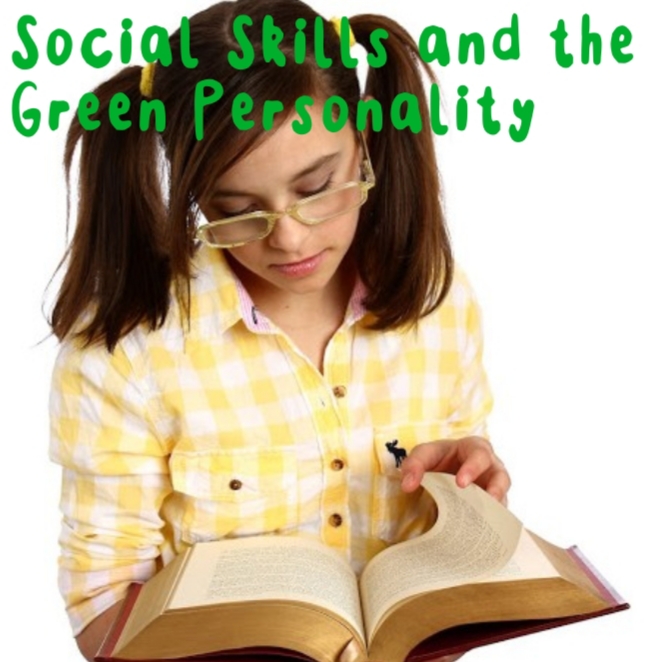Enough with the Gifted Kid Stereotypes
Today I read a blog post titled "How to Win an Argument with Your Gifted Child." In the article, the author told a story about her most recent argument with her gifted 10-year-old son. He wanted to ride his bike to the local Dairy Queen, but she thought it was too far for him to go by himself. I certainly understood why she was frustrated, but it's common for tweens and teens to argue with their parents. Arguing is a perfectly normal childhood behavior, at least for most kids. Kids want to be independent and take risks; parents want to protect their children. This battle for independence is the root of most parent/child conflict, regardless of the child's IQ score. However, the author took her article in a different direction. Instead of accepting that her issues are fairly universal, she blamed her struggles on...wait for it...her son's giftedness. Yeah, that's right. Apparently gifted children are "master manipulators" (her words, not mine). She ...



